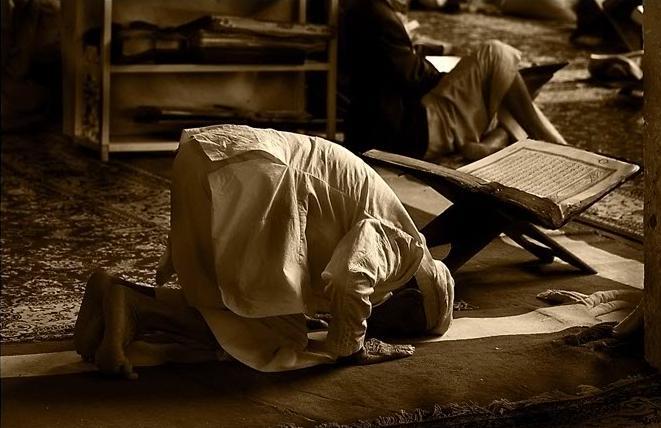Is The Prostration of Forgetfulness Obligatory After Repeating Sura Fatiha?
Shafi'i Fiqh
Answered by Shaykh Irshaad Sedick
Question
I have read that the prostration of forgetfulness (sujud al-sahw) becomes obligatory after repeating the Fatiha (in the first two) because the second surah was compulsory (wajib). Still, I have probably always followed the view that it is recommended (sunnah). Is this correct?
Answer
In the Name of Allah, the Most Merciful and Compassionate. May Allah guide our hearts, tongues, and deeds to that which perpetually pleases Him.
Ruling or Reciting a Sura After Fatiha
In the first and second cycles (rakʿat) of prayer, it is recommended (sunna), and not compulsory (wajib), to recite one complete sura, even if short, after the Fatiha. [Nawawi, Minhaj Al-Talibin]
Prostration of Forgetfulness
There are two reasons for the forgetfulness prostration (sujud al-sahw). The non-performance of something called for, namely, a primary sunna (ba’d), or performance of something uncalled-for, such as absentmindedly adding a cycle (rak’a) to one’s prayer. [Keller, Reliance of the Traveler]
The prayer’s main sunnas (meaning those which, if omitted, call for a forgetfulness prostration) are six:
(a) the prayer’s first Testification of Faith (tashahhud) (in prayers that have two);
(b) sitting during the tashahhud;
(c) the blessings on the Prophet (Allah bless him and give him peace) after it;
(d) the blessings on his family in the prayer’s final Testification of Faith (tashahhud);
(e) the supplication (qunut) after bowing in the final cycle (rak’a) of the dawn prayer (Fajr);
(f) and standing therein. [Misri, ʿUmda Al-Salik]
Repeating the Fatiha
While it is not a sunna, repeating the Fatiha will not necessitate a forgetfulness prostration. One who performs a forgetfulness prostration, without a valid reason, will invalidate his prayer. [Ba’Alawi, Bushra Al-Karim]
Please note if one recites the Qur’an (including Fatiha) or the ‘testification of faith’ (tashahhud) at the wrong place in prayer (e.g., bowing or prostration), the prayer remains valid. Still, it is recommended to prostrate for forgetfulness. [Keller, Reliance of the Traveler]
I pray this is of benefit and that Allah guides us all.
[Shaykh] Irshaad Sedick
Checked and Approved by Shaykh Faraz Rabbani
Shaykh Irshaad Sedick was raised in South Africa in a traditional Muslim family. He graduated from Dar al-Ulum al-Arabiyyah al-Islamiyyah in Strand, Western Cape, under the guidance of the late world-renowned scholar, Shaykh Taha Karaan.
Shaykh Irshaad received Ijaza from many luminaries of the Islamic world, including Shaykh Taha Karaan, Mawlana Yusuf Karaan, and Mawlana Abdul Hafeez Makki, among others.
He is the author of the text “The Musnad of Ahmad ibn Hanbal: A Hujjah or not?” He has served as the Director of the Discover Islam Centre and Al Jeem Foundation. He served as the resident Imam of Masjid al-Munowar in Retreat, Cape Town, for several years.
Shaykh Irshaad has thirteen years of teaching experience at some of the leading Islamic institutes in Cape Town). He is currently building an Islamic online learning and media platform called ‘Isnad Academy’ and pursuing his Master’s degree in the study of Islam at the University of Johannesburg. He has a keen interest in healthy living and fitness.
